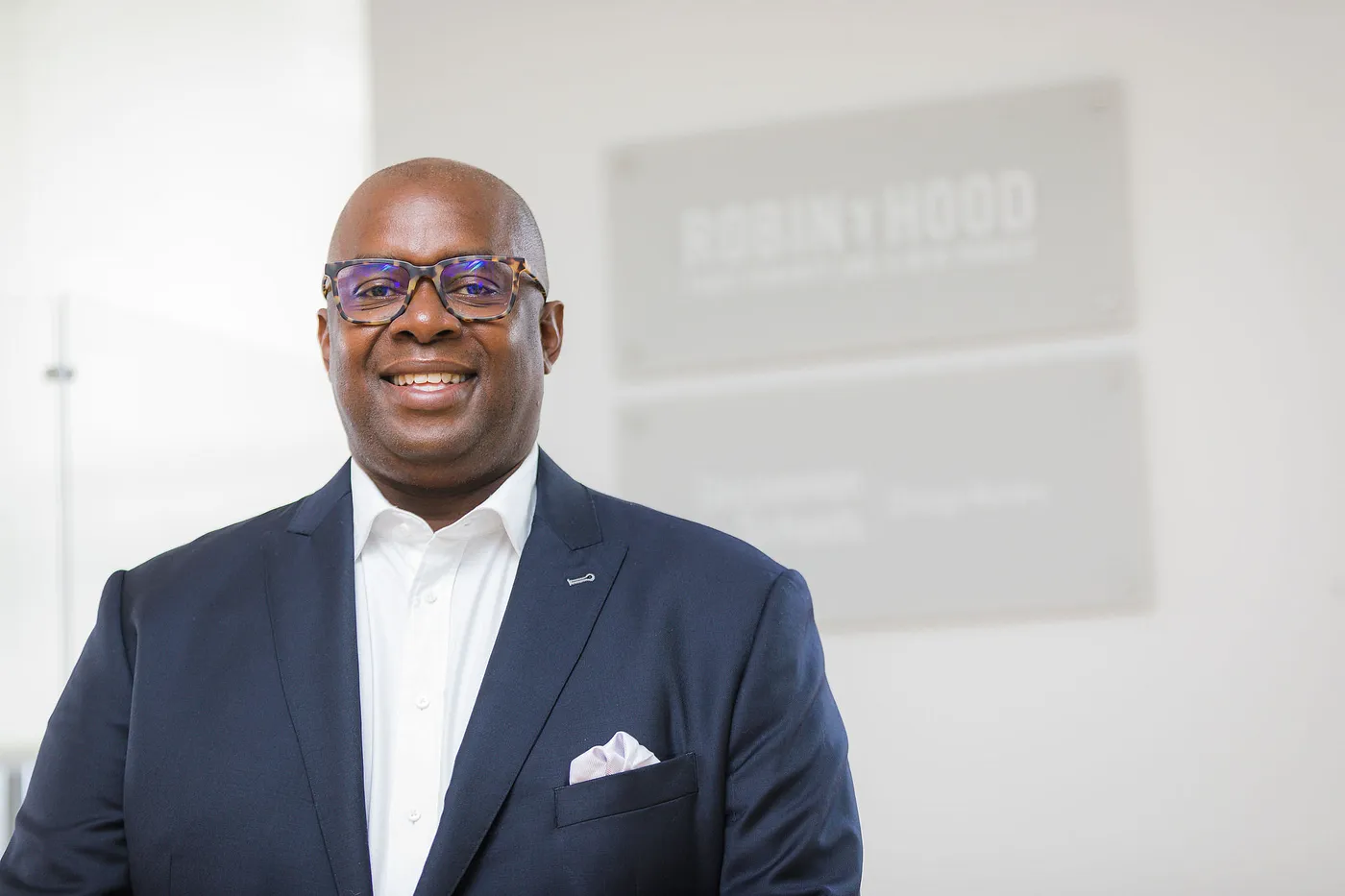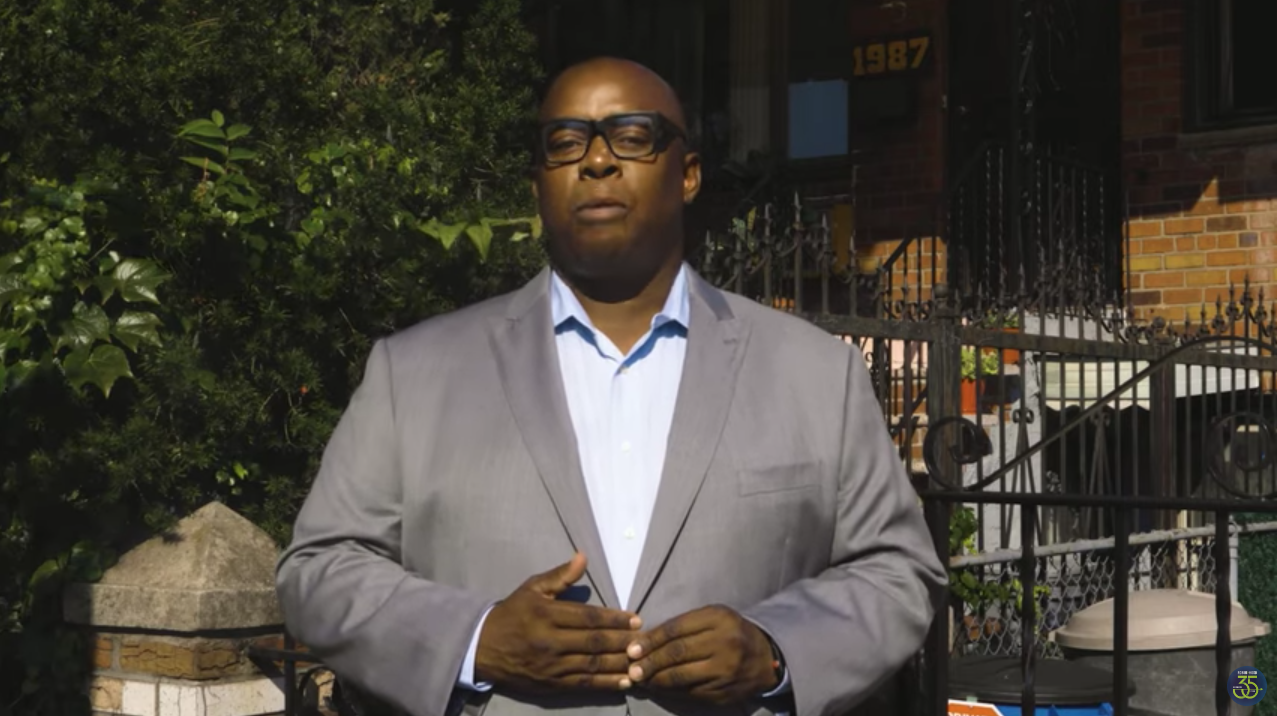Sep 23, 2021
Meet our new CEO, Richard Buery, Jr.
A New York native, Richard has an extensive history with Robin Hood.

Robin Hood CEO Richard Buery, Jr.
Q: What’s your New York story?
A: My journey started in East New York, Brooklyn. My parents were Panamanian immigrants who came to New York in the 1960s and worked incredibly hard to make sure my sisters and I had every opportunity in the world. A turning point came when I got into Stuyvesant High School, one of the elite, examination-based, public high schools in New York City. It was my first-time meeting children who weren’t Black or brown like me or who hadn’t grown up in tougher neighborhoods like mine. That’s when I learned that there were 2 New York’s. There was the New York City I grew up in where it felt that the odds were stacked against children and families — from the schools we attended, the health care we received, the housing we lived in, and even the air we breathed. Then there was another New York City where every kid went to college and where succeeding was a given. Every day, I rode the subway for an hour between those two New York City’s and imagined what it would take for us to create one New York City that offered opportunity for every single New Yorker, regardless of their circumstance.
Q: What inspired you to join Robin Hood?
A: Robin Hood helped launch my career in public service when they took a chance on me — a young, inexperienced social entrepreneur — by supporting my vision to launch a community organization called Groundwork. Since that first vote of confidence, I’ve had the remarkable opportunity to lead three other Robin Hood community partners and to partner with Robin Hood during my time working in city government as a deputy mayor. These experiences have shown me just how critical this organization has been — and continues to be — for New Yorkers, particularly those living in poverty.
Q: Why now?
A: The pandemic has impacted our city in such profound ways, and we know that the hardest hit are the people that Robin Hood serves. We learned a lot during the pandemic — how to use tech more efficiently and collectively across sectors, how to innovate our emergency food response, and more — but we learned of a great many more tragedies. 1 million kids, predominantly students of color, have fallen behind in schools. There are jobs that will never come back, and a mental health crisis exacerbated like we’ve never seen. As New York City makes its comeback, we must take these new challenges into account. But with a fortified foundation of stronger communities and improved systems, we will build this city back better than it has ever been before. Robin Hood’s mission to put families on pathways out of poverty has never been more urgent and important, so it is an extraordinary blessing to lead Robin Hood during this moment of profound possibility.
Q: What are you most excited for?
A: Now, we’re in a once-in-a-generation moment to build back a better New York, one that supports every New Yorker. This fall is one of new beginnings — for all of us at Robin Hood and for the city and state as we welcome new leadership. Robin Hood has 33 years of experience partnering and driving solutions across the public, philanthropic, nonprofit, and business sectors in an effort to fight poverty, this organization has led our city’s relief and recovery efforts through everything from Black Monday and the AIDS crisis to 9/11, Hurricane Sandy, and the COVID-19 pandemic. Robin Hood is uniquely positioned to lead the way to New York City’s greatest comeback. Now let’s get to work!
